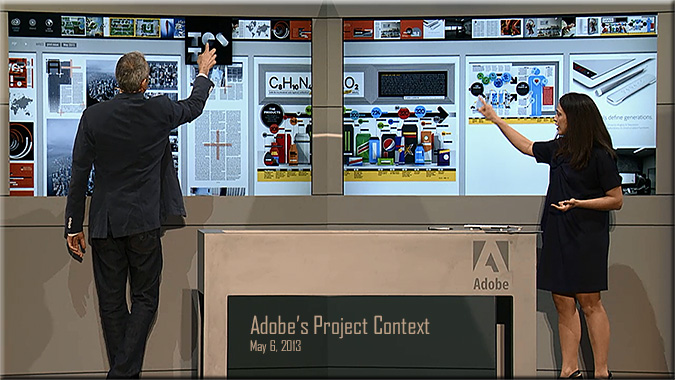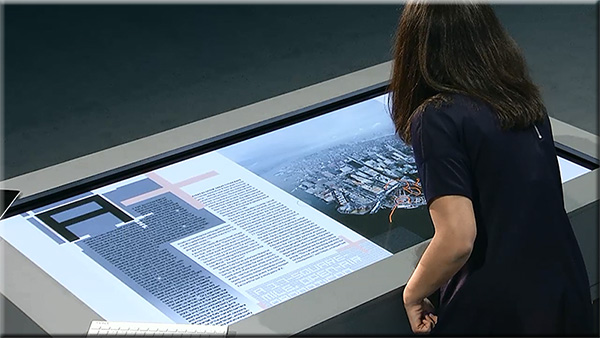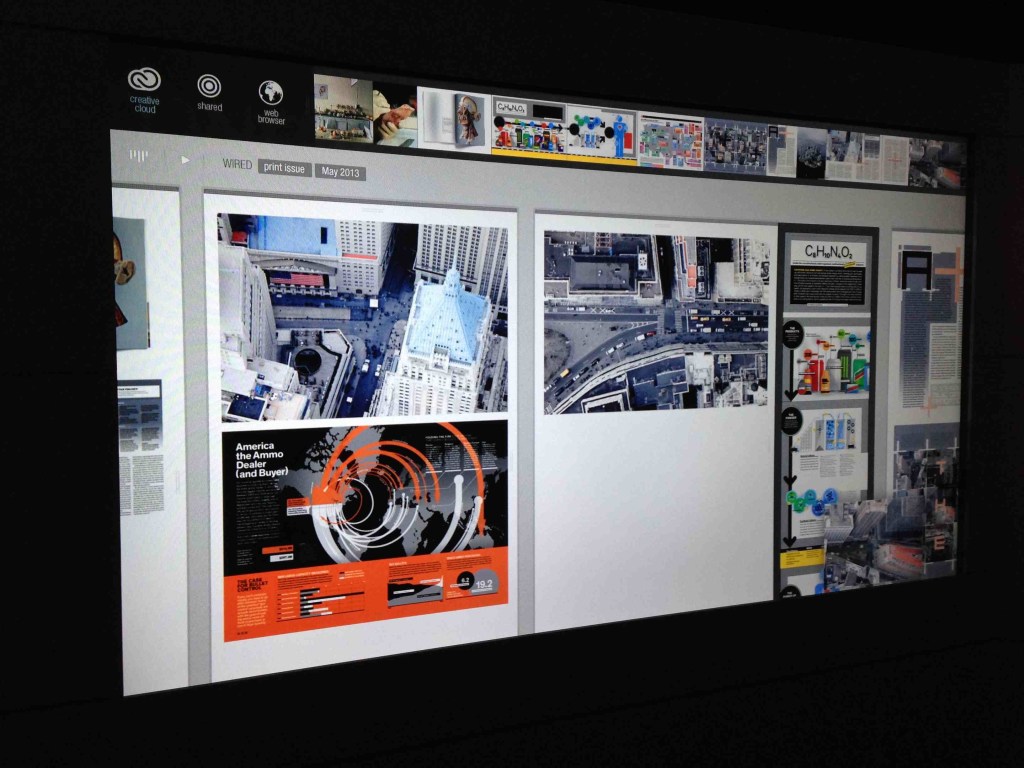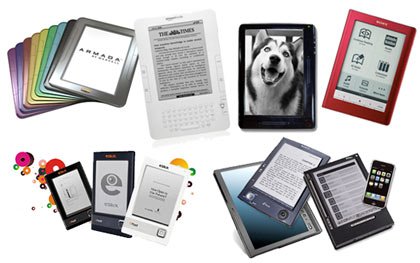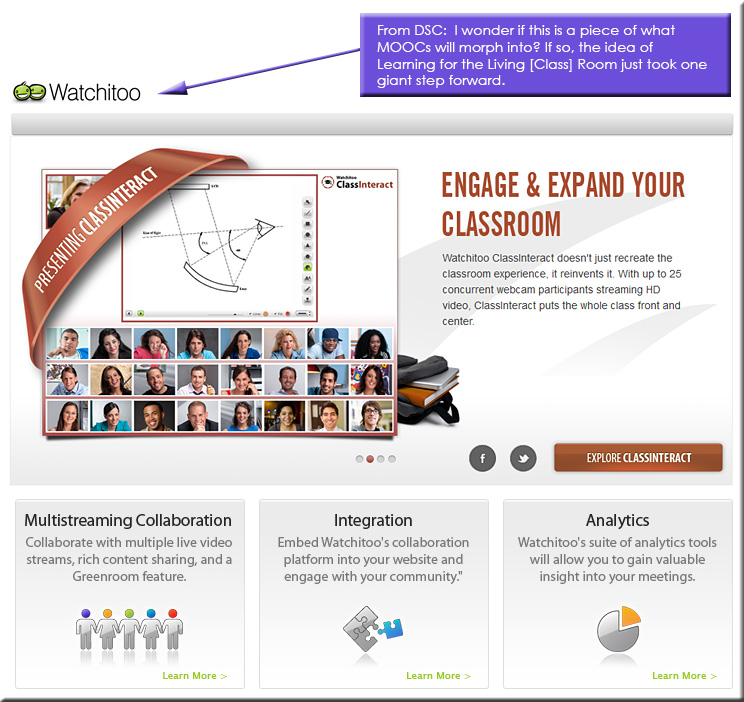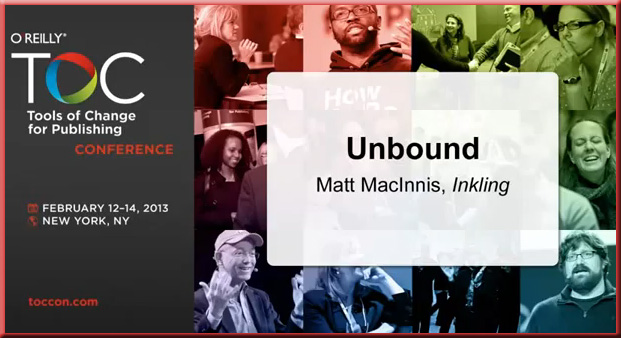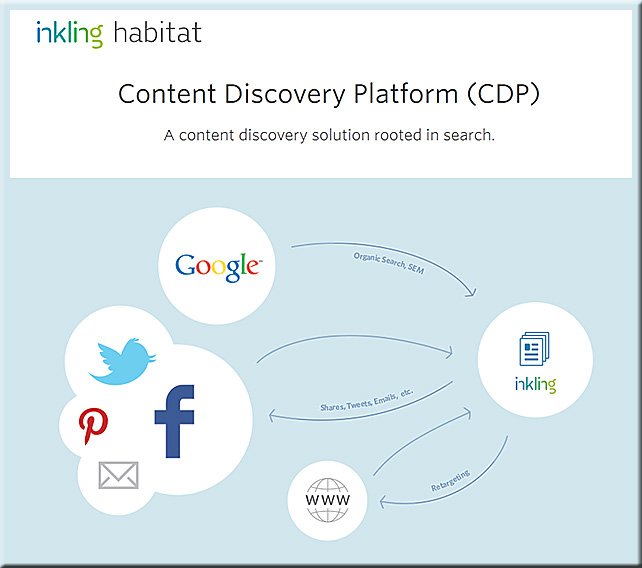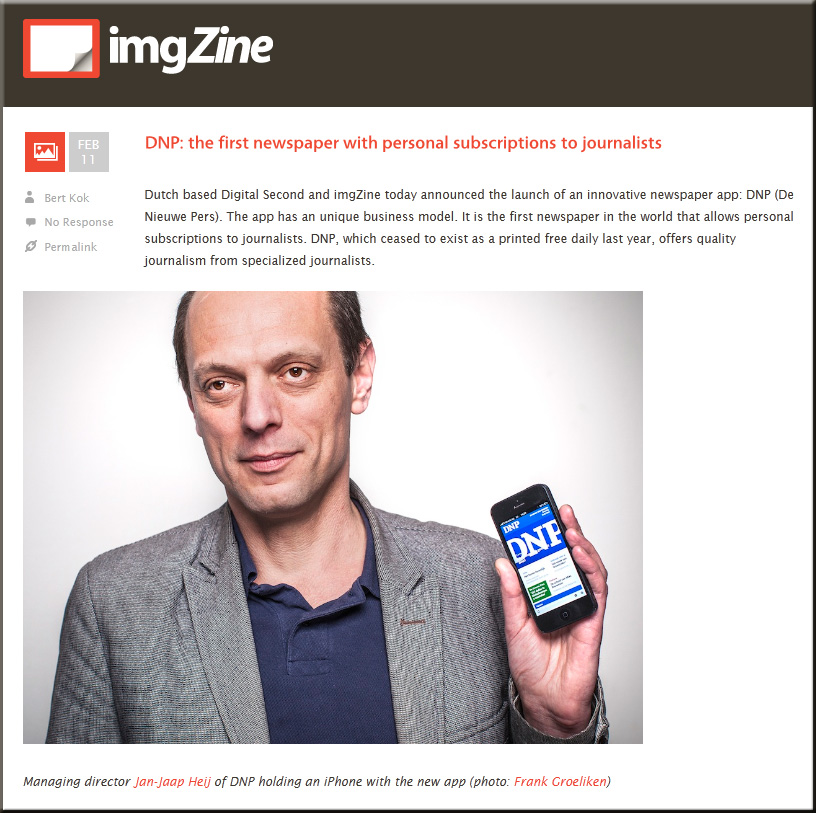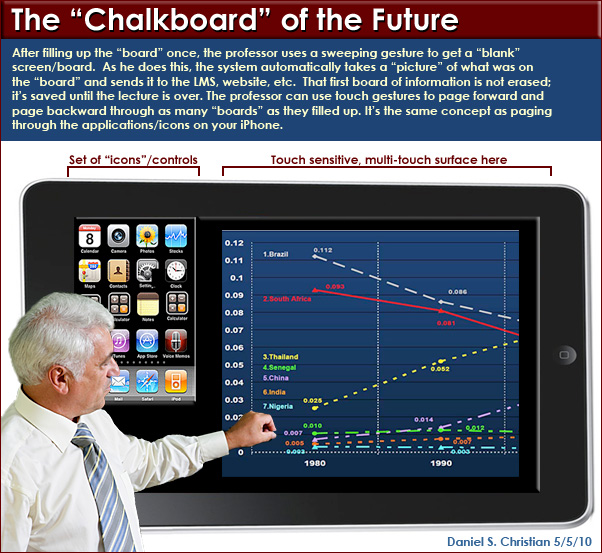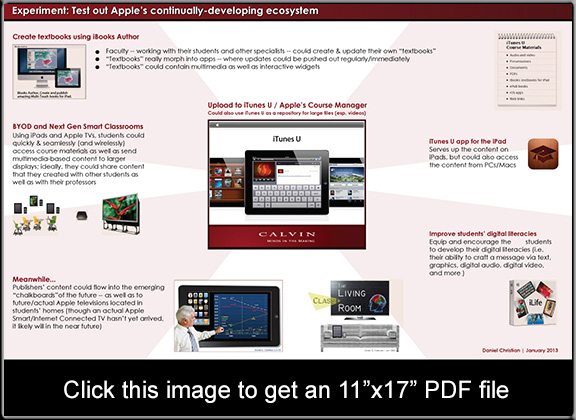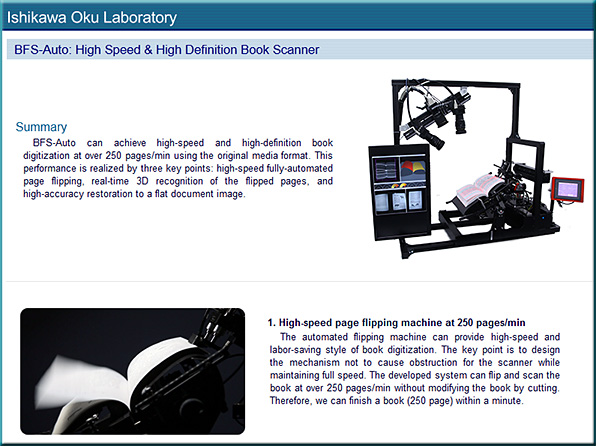McGraw-Hill & Kno offer a peek into the future of textbooks: They’re dynamic, vocal, adaptive & bring stats to studying — from techcrunch.com by Rip Empson
Excerpt:
The suite leverages adaptive learning technology — one of the hottest topics in education this past year — which, simply put, seeks to personalize the educational experience by collecting data on student comprehension (knowledge, skill and confidence), employing algorithms to create customized study plans/paths based on that data. The goal being to keep students engaged (and improving) by helping them to identify and focus on areas where they’re struggling.
Prediction from DSC:
I’d like to take these developments one step further…
These developments will find their way into our living rooms, via second screen devices and interactions with Smart/Connected TVs. Highly-sophisticated, back-end, behind the scenes technologies will continue to develop (think Next Gen Knewton or IBM’s Watson) — aiding in the fulfillment of one’s learning objectives. Personalized, digital playlists will be presented and will feature multimedia-based content, with chances for more choice, more control, interactivity, social learning, and more. They will meet us where we are at (i.e. in our Zone of Proximal Development), and encourage us to keep learning via game-like interfaces…but will try not to overwhelm or discourage us. But live persons will either be instantly available to assist, and/or will help us walk through the steps, and/or perhaps we’ll go through these types of exercises in virtual cohorts (that come together quickly, then once finished with the badge or exercise, will disband).









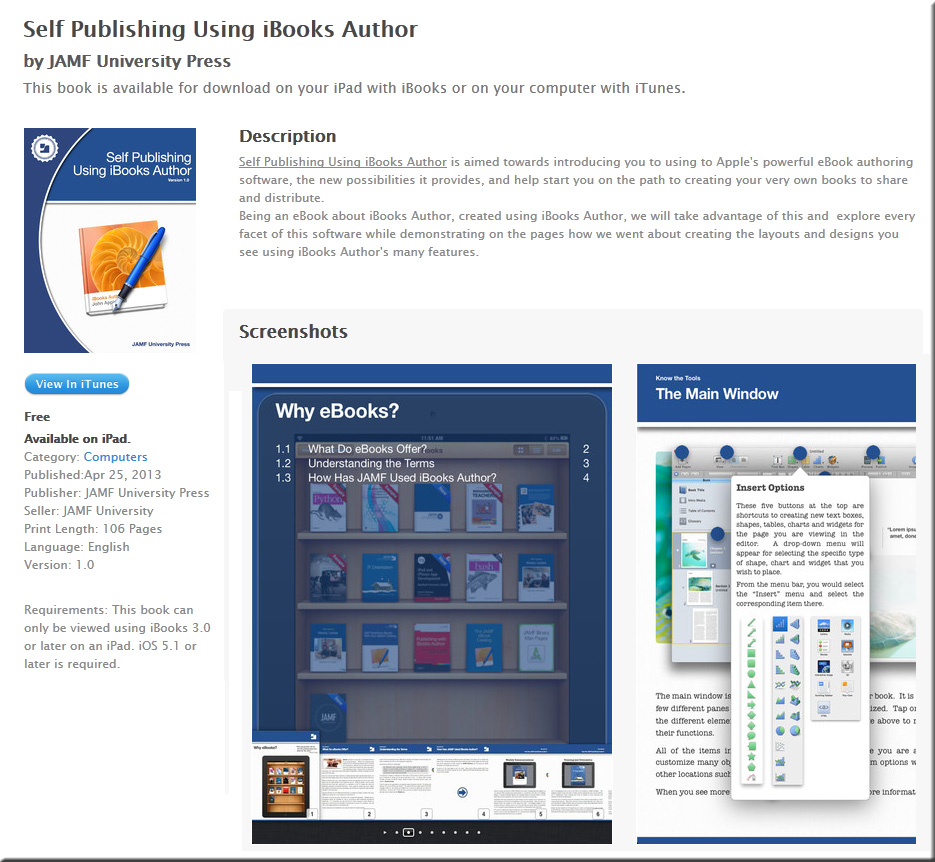
![The Living [Class] Room -- by Daniel Christian -- July 2012 -- a second device used in conjunction with a Smart/Connected TV](http://danielschristian.com/learning-ecosystems/wp-content/uploads/2012/07/The-Living-Class-Room-Daniel-S-Christian-July-2012.jpg)

